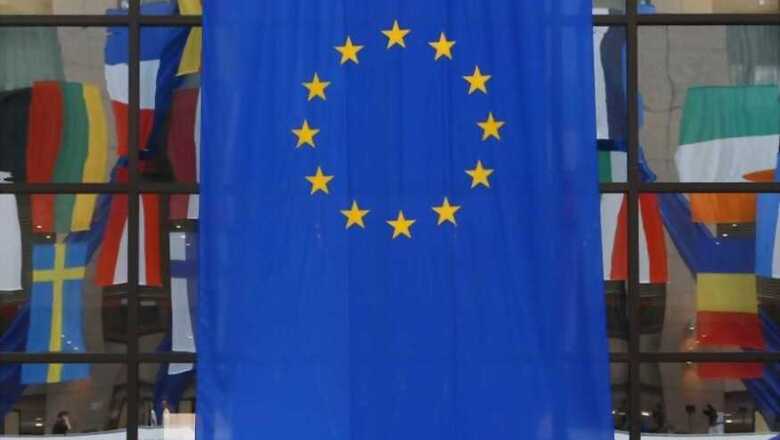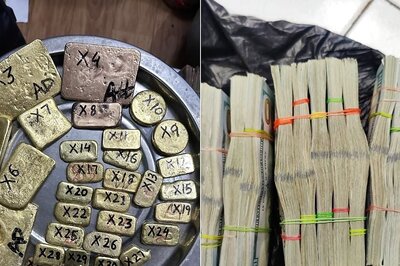
views
Carmakers are cheating new EU pollution checks, EU regulators warned in a study seen by Reuters, inflating emissions on benchmark tests to set themselves lower targets on new rules aimed to prevent a repeat of the Dieselgate scandal. The EU's new tests aim to better measure on-road emissions after regulators found Volkswagen's rigging was only part of a much wider effort to manipulate laboratory test to show much lower pollution than vehicles emitted on roads.
VW admission to U.S. regulators in 2015 that it had masked tailpipe exhaust using software in as many as 11 million diesel vehicles sold worldwide - the majority of them in Europe - galvanised EU regulators into setting tougher climate rules. However, EU regulators warned of a "clear risk" carmakers will "artificially increase" emissions on the new worldwide light vehicles test procedure (WLTP) in 2020 - the baseline year for future climate targets.
"As a result, the targets for 2025 and 2030 would also be weakened due to the inflated 2021 starting point," the EU's Joint Research Centre said in a July 18 study of 114 data sets. "This would de facto reduce the level of ambition of the proposal."
The European Commission in November proposed a 30 percent reduction in the average CO2 emission of carmakers' fleets by 2030 compared with 2021 levels, and an interim goal of a 15 percent decrease by 2025. Carmarkers have declared emissions as much as 13 percent higher, and 4.5 percent higher on average, than those measured, the JRC said. The figures reported by carmakers for WLTP tests were also "systematically" 4 percent lower than under old laboratory tests.
The report did not cite any carmakers by name. While legislators have sought to guard against manufacturers declaring too low emissions under the new law, EU regulators warned "it does not contain specific provisions for avoiding too high values."
In an open letter to EU governments and EU lawmakers, who are currently in talks to agree on the final law on new vehicle standards, Europe's Commissioners for climate and for industry proposed last-ditch changes to address the issue. The starting point for climate targets should be based on measured and not declared emissions, they said. The EU executive will also cross-check between test and take a watchdog role.
"It's a reminder the car industry cannot be trusted and that collusion and cheating remain widespread," clean energy group Transport & Environment Executive Director William Todts said. The JRC study said test data from two cars revealed tests were being carried out with a depleted battery so that additional fuel was consumed to power up the battery spewing greater carbon dioxide emissions.
The stop-start function, the system that shuts down the engine when idle to cut emissions, was disabled and there were gear-shifting strategies in which cars were driven in gears that would cause a significant rise in CO2 emissions, it added.




















Comments
0 comment